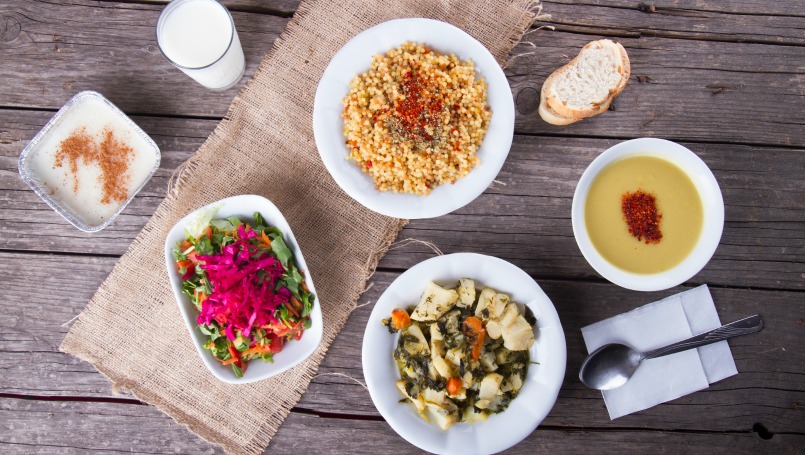Wednesday, June 14, 2017

Ramadan is upon us. It is a deeply holy and spiritual time for the millions of people all over the world who practice Islam.
Zulfiqar Ahmed, M.D., a Beaumont anesthesiologist, can't remember a time when he didn't observe the Ramadan fast, which is one of the five pillars of Islam.
"A lot of us do slow down during Ramadan," he said. "In a way, this is 'me’ time. Even though we may be in a crowd, all of us are trying to make our own one-on-one connection with God."
For 30 days, Muslims will fast, pray and gather with family and friends. Fasting means nothing goes in the mouth - no food, water or medication. But what about those with medical conditions? Should they be taking part in the fast?
To answer that, we turn to another tenant of Islam, which is cherishing the blessings God has given you, and that includes your body.
"If someone is unable to participate, they don't have to," explained Dr. Ahmed. "If fasting makes your medical condition worse, don't fast. If skipping medication will hurt you, take your medicine. Self-infliction of wound, pain or injury is not expected or should be done."
If you are controlling diabetes with your diet, fasting can be beneficial. However, if you require insulin and food to keep your sugar at safe levels, do it. Keep yourself healthy.
The same goes if you've been diagnosed with cancer.
"Cancer treatment can bring significant stress on the body," said Dr. Ahmed. "You should eat and stay in optimal shape rather than not eat and make your condition worse."
Dr. Ahmed further explained that those in the hospital probably wouldn’t be able to participate in fasting because of medications, testing and the course of their illness.
"Maybe if you're in the hospital for antibiotics only, you might be able to fast, but you probably shouldn't fast in the hospital," he said.
Also, if you're working hard outside on a sunny day, take care of yourself. Go with what your body is telling you. Dr. Ahmed suggests that if you have a proper reason for breaking your fast before sundown, you can always make it up later in the year without loss of blessing.
If you are newly diagnosed with a condition and aren't sure the effects of fasting, check with your doctor. You should also check with your doctor or pharmacist if you have questions about changing the times you take your medications.
"In general, fasting has tremendously positive effects on body and soul. People who have been fasting all their lives and can no longer do it, they often miss it and feel bad they cannot," said Dr. Ahmed. "But we all should recognize that the body is a gift of God and we have to treat it with care."
